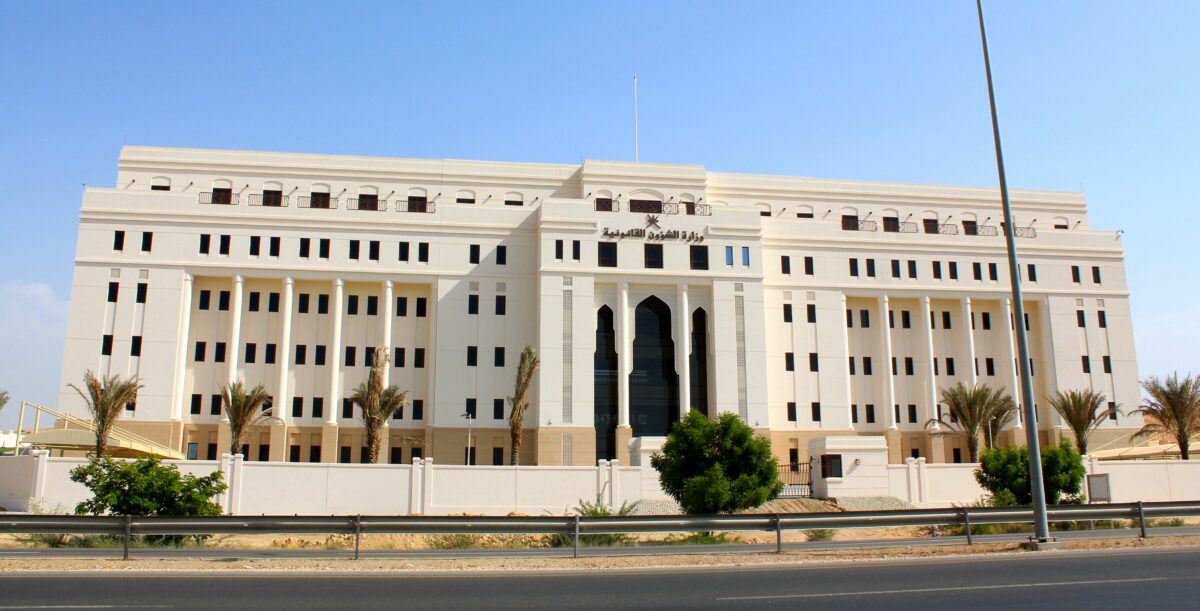BLOG
Oman New Labour Law in Alignment with Oman Vision 2040
- #International
- #law
- #oman

In a significant stride towards realizing the goals set forth by Oman Vision 2040, a comprehensive and progressive labour law…
In a significant stride towards realizing the goals set forth by Oman Vision 2040, a comprehensive and progressive labour law has been enacted to shape the labour market into a dynamic and attractive environment that harmonizes with the evolving demands of the future. The new labour law emphasizes flexibility, durability, efficiency, and adeptness in addressing contemporary and impending challenges. At the heart of the new labour law lies a commitment to align with the fundamental principles outlined in Oman Vision 2040. By placing national capabilities at the forefront and fostering their development within a framework of rights and responsibilities, the law seeks to enhance institutional performance within the private sector and promote effective administrative practices.
Empowering Omanis: Central to the new labour law is the affirmation that work is a fundamental right for Omani citizens. The law unequivocally establishes that
only Omanis are entitled to practice work within the Sultanate, subject to the terms and conditions stipulated therein. This not only safeguards the rights of Omani workers but also underscores the law’s dedication to nurturing a competitive and skilled national workforce.
Omanization and Strategic Planning: The new labour law places significant emphasis on Omanization, mandating that establishments disclose an annual plan for Omanization and replacement. This transparency ensures that these plans are accessible to the public, with detailed insights into the number, wages, and gender of Omani workers, as well as available job vacancies. Furthermore, the law necessitates the formulation of comprehensive strategies for appointing and training Omani citizens in leadership roles, further solidifying the commitment to nurturing local talent.
Pillars of Organizational Structure: Organizational stability is paramount for sustainable growth, and the new labour law recognizes this by offering sector specific regulations. This tailored approach empowers employers to manage their establishments in line with the unique demands of their respective sectors, fostering stability and growth. Flexibility for Employers: The law introduces strategic flexibilities for employers, enabling them to tap into the expertise of workers from other institutions on a temporary basis with the approval of the Ministry. This provision not only streamlines business operations but also curtails the need for recruiting foreign workers, resulting in cost savings.
Balancing Privileges for Employers and Workers: The new labour law introduces a balanced framework for employers and workers. Employers gain the right to terminate contracts if workers fail to meet required productivity levels, provided they have been given adequate notice and an opportunity to improve. This fosters accountability and incentivizes optimal performance. Empowering Working Women: The new labour law makes significant strides in supporting working women. Provisions such as allocating an hour per day for childcare, a 98-day maternity leave, and a one-year unpaid leave for childcare empower women to manage their professional and personal responsibilities effectively. As Oman strides towards its Vision 2040 goals, the enactment of the new labour law stands as a testament to the nation’s commitment to fostering a robust labour market. By prioritizing national capabilities, aligning with Oman Vision 2040, and promoting transparency, flexibility, and gender equality, the law charts a course for a vibrant and inclusive workforce that can adapt and thrive in a rapidly changing world. Stakeholders are encouraged to embrace the new law and ensure its implementation within the stipulated timeframe to further the collective vision of a prosperous Oman.
Rifad El-Hachem Debek
Middle East Legal Expert